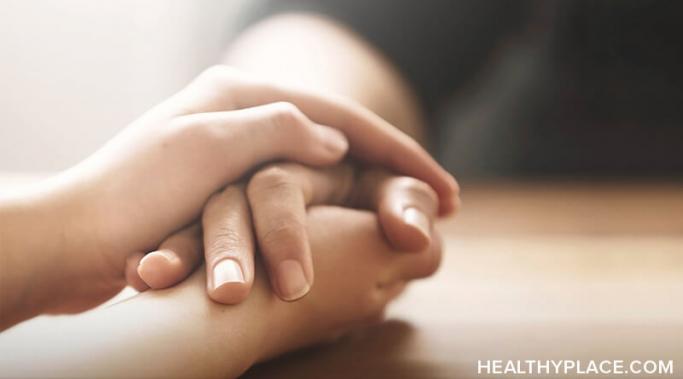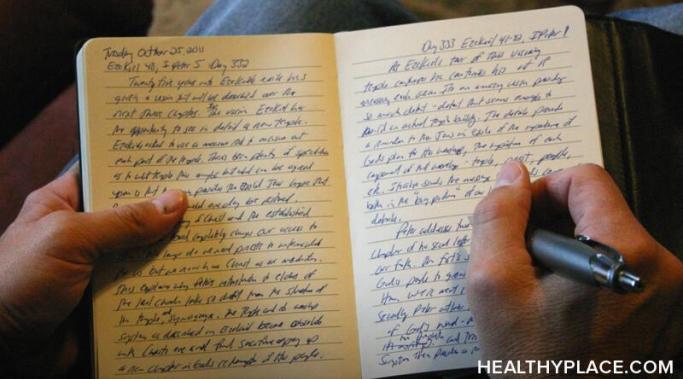Having a strong support system is so important for anxiety. This is something I've learned throughout the years in my journey to learn more about my anxiety and how to cope with it. Even in times that I feel like I want to withdraw from others because I feel overwhelmed with anxious feelings, I make it a point to turn towards my anxiety support system.
Living with Anxiety
It's the holidays again, and I've found that this is a good time of year to not only say thanks but actively practice gratitude to help my anxiety. I've learned that gratitude can be a very powerful emotion and can actually help reduce stress and lessen the symptoms of anxiety that I experience.
Anxiety can be related to the season. When I was younger, I remember that when summer started to turn into fall, the days ended, and nights started earlier, and the weather began to get cooler, I would experience a change in my mood that I now recognize was related to my anxiety. I would often find that I felt down and unsettled, and this overall feeling of discomfort that I sometimes couldn't attribute to anything in particular. I didn't realize that the season changes contributed to my anxiety.
Recently, I received news that someone I am close to is very sick. I think one of the most difficult anxiety triggers that I may be confronted with is when someone I care about is ill.
Regret and anxiety often go together for me. One of the challenging aspects of anxiety is the focus on past events. The difficulty with this is that it often prompts you to focus on past events that were stressful, troubling, and uncomfortable instead of positive experiences that brought about good feelings. Accompanying those memories of past events are feelings of regret and anxiety.
I've learned throughout my life, and in having coped with anxiety for many years, that many of the simplest pleasures in life can be the most helpful for my anxiety. Therefore, taking the time to appreciate simple pleasures is an instrumental part of my life and my ability to cope with anxiety.
The difficulty of living with this anxiety was the eventual development of a perception of weakness about myself. Anxiety and low self-esteem often go hand-in-hand because of this perceived inability to achieve unrealistic standards, and so with that constant feeling of inadequacy can come a feeling of weakness associated with a lack of control over situational stressors.
A key strategy that I have found helpful for my anxiety has been journaling. Whether I am in the middle of an unexpected stressful situation or have encountered something that has triggered my anxiety, journaling helps to reduce my anxiety symptoms.
It's difficult to know the difference between introversion and social anxiety. When I was younger, I considered myself to be a shy person. However, I also knew I was an introvert and that I struggled with anxiety. Unfortunately, this also contributed to difficulties that I experienced in social situations and missing out on opportunities.
I struggled quite a bit with procrastination when I was younger, and it wasn't until recently that I realized it had been associated with my anxiety. Not only does anxiety cause you to want to avoid tasks, but it also results in avoiding important tasks for as long as possible and completing them at the last possible minute. Anxiety can make you procrastinate.









